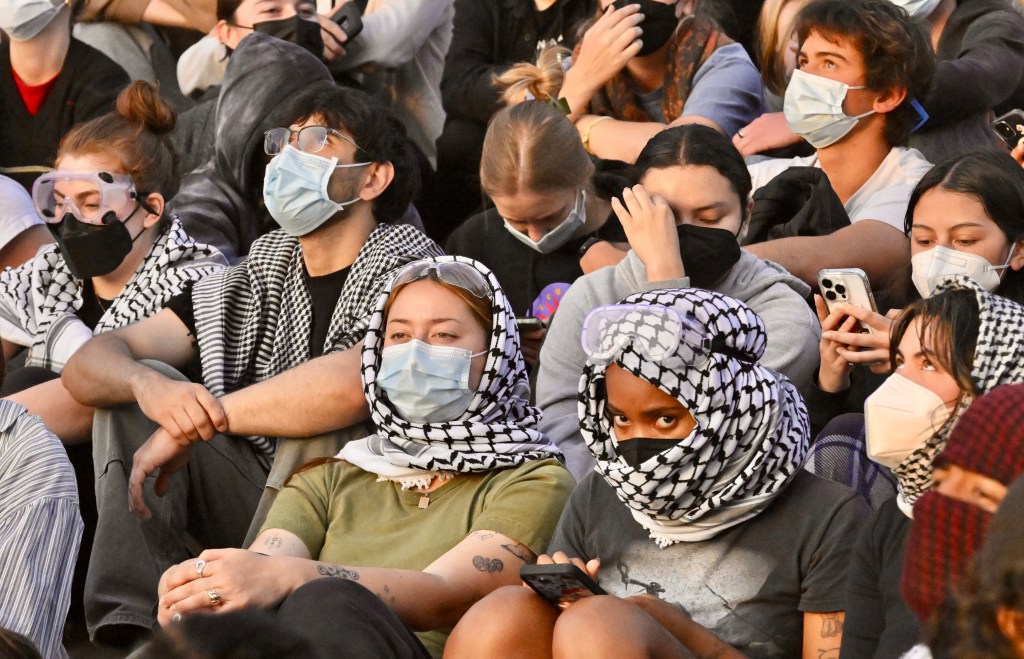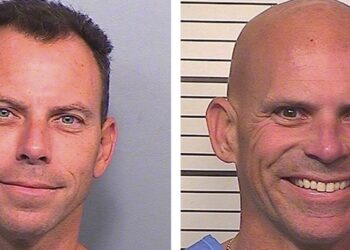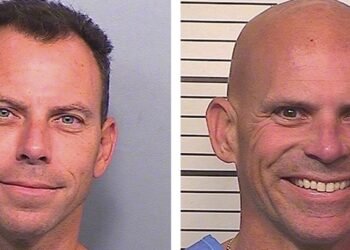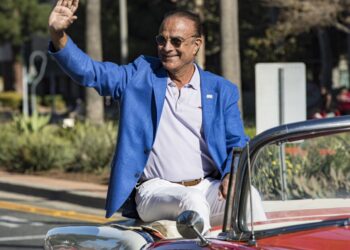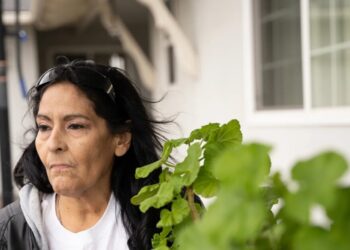Over the past week, Fabiola, a sophomore at Columbia, joined an encampment on her university’s quad, risked suspension and disrupted campus life, all in an effort to draw attention to the Palestinian cause.
She describes stopping Israel’s deadly siege of the Gaza Strip as a moral duty — an urgent imperative around which she has reoriented her life.
But as she participated in one of the most visible protests on the planet last week, Fabiola decided to hold one very important thing back: her identity. Thinking of her international student visa, she stretched a black surgical mask over her face, and declined to share her full name.
AUTHORITIES MOVE IN: Police dismantle pro-Palestinian encampment at UCLA, 100-plus demonstrators detained
It was no one-off. On campuses from New England to Southern California, students leading one of the largest protest movements in decades have increasingly strapped on face masks and checkered Palestinian kaffiyehs in a polarizing bid to protect their anonymity even as they demand universities and governments be held to account.
The choice represents a sharp break by many, though not all, of these students from earlier generations of university activists, who gained their moral force in part by putting their words on record and their futures in jeopardy for a larger cause.
But as they actively invoke the legacy of anti-war movement of the 1960s and its successors, today’s young activists appear to be responding to a much more contemporary set of reputational and economic risks their predecessors simply did not face.
In interviews, a dozen student demonstrators across the country cited the risk of being doxxed by pro-Israel groups accusing them of antisemitism, featured by news media or captured in viral videos. Several were intimately familiar with the torrent of online harassment, rescinded job offers and death threats that can follow. A small number also profess concerns about viruses spreading in close quarters.
CONFRONTATION:
Read the full article here

